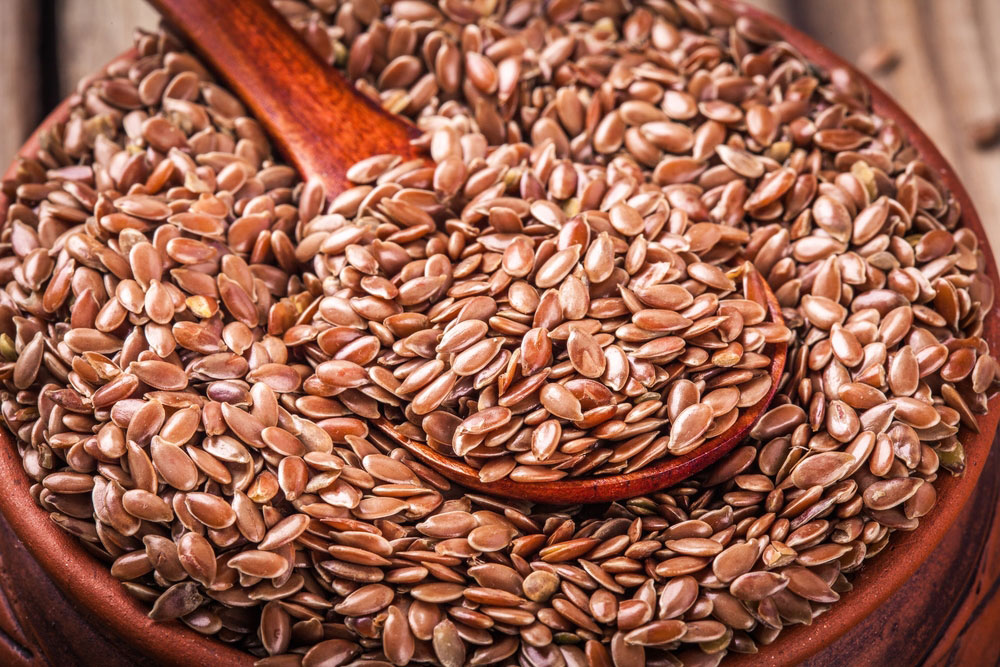Green tea may be effective in weight management

There has been much research over the years on the potential benefits of drinking green tea, especially before a workout, to uprate metabolism and encourage greater fat-burning in the body. However, a recent study[1] published in the journal Foods, found that a 4% green tea infusion increased intestinal microflora in obese mice and reduced incidence of metabolic disorders. Metabolic disorders include type 2 diabetes and insulin resistance.
Researchers believe the beneficial effects are down to the crucial role in decreasing the ratio of gut bacteria Firmicutes and Bacteriodes. Firmicutes is a hallmark of gut dysbiosis and obesity. There was also abundant growth of the beneficial bacterial strains within the gut. This had the effect of decreasing the amount of fats and proteins absorbed in the intestines, which also meant less calories absorbed overall. It was also found to activate a protein that increases overall metabolic rate via the liver, skeletal muscles, and kidneys.
Whilst it was a small study and more human studies are needed, it certainly provides another great reason to include two or three cups of green tea in your diet each day.
Plant-derived compounds may reduce risk of contracting COVID-19

Whilst it’s certainly talked and written about far less in recent weeks and months, unfortunately, people are still going catching the COVID-19 virus. It makes sense, therefore, to try and protect ourselves as much as possible.
A study conducted by researchers in Poland[2] found that specific plant compounds called lignans and phytosterols reduce the risk of contracting COVID-19 within a group of 25 – 45-year-olds with no known underlying conditions.
High levels of lignans are found in flaxseeds which can easily be added to cereals or stirred into natural yoghurt. Plus, other grains including barley, buckwheat, oats, rye, and wheat, plus nuts and legumes are also good sources and all readily available in the supermarkets. Essentially phytosterols are found in all plant foods but primarily in unrefined plants oils such as vegetable, nut, and olive.
Researchers believe the beneficial effect of eating these compounds are because of their interaction with the immune system in the gut providing a protective effect. Phytosterols also have a therapeutic effect against oxidative stress (they provide antioxidant protection), imbalances in the gut microbiome (dysbiosis) and inflammation throughout the body.
Women may require increased intake of fatty acids to prevent cardiovascular disease

It’s long been recognised that women are at greater risk of heart disease especially during and after menopause when oestrogen levels drop. Oestrogen has a protective effect on the heart and bones.
However, a study[3] presented at a recent Nutrition Society Summer Conference, found a link between long chain fatty acid status (also known as PUFAs or Omega-3s) and risks of heart disease in women. There are two specific types of long chain fatty acids which are essential to health – EPA and DHA. They are found in plant oils and oily fish. However, the body needs to convert EPA to DHA in the body for their beneficial effects to be achieved. Higher conversion rates are found in younger women, when compared to older women and all men, highlighting that oestrogen enhances this conversion.
Whilst there have been many studies on PUFAs’ impact on cardiovascular incidence over the years, some results have been mixed. It appears that this might have been in part due to the low numbers of women recruited for the trials. We also know that PUFAs have key mechanisms of action such as improving vascular function, reducing blood pressure and overall inflammation in the body, and reducing blood fat levels.
Whist more research is still needed, there is no downside for women of a certain age to be including more oily fish or supplementing with Omega-3 oils.
[1] Hulling Mei et al. The role of green tea on the regulation of gut microbes and prevention of high-fat diet-induced metabolic syndrome in mice. Foods 2023, 12 (15), 2953
[2] Agnieszka Micek et al. Association of dietary intake of polyphenols, ligans and phytosterols with immune-stimulating microbiota and COVID-19 risk in a group of Polish men and women. Front Nutr 03 August 2023 Sec. Nutritional Epidemiology Volume 10-2023
[3] Bo Zhang et al. Fish consumption and Coronary Heart Disease: A Meta-Analysis. Nutrients 2020 Jul 29;12(8):2278




















Add comment